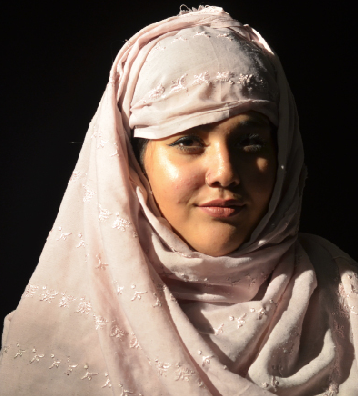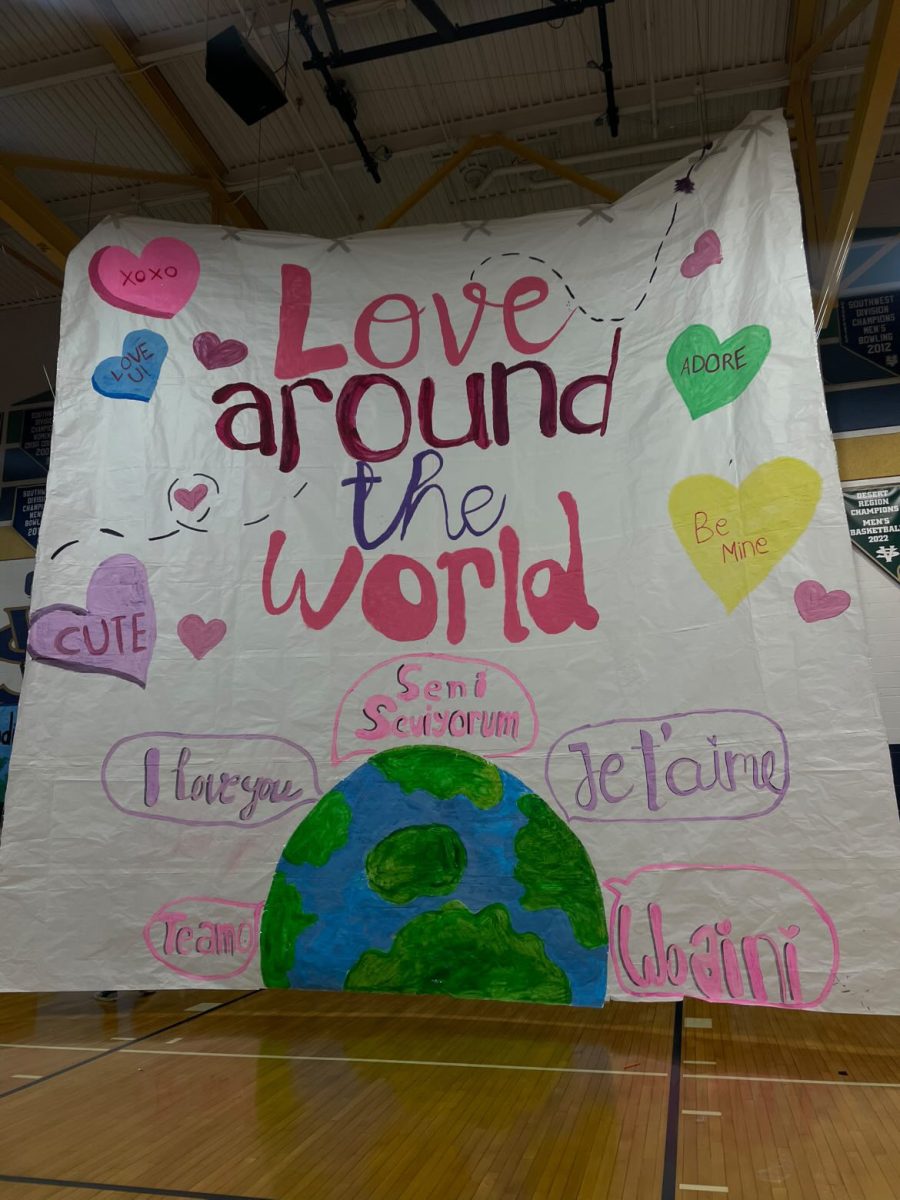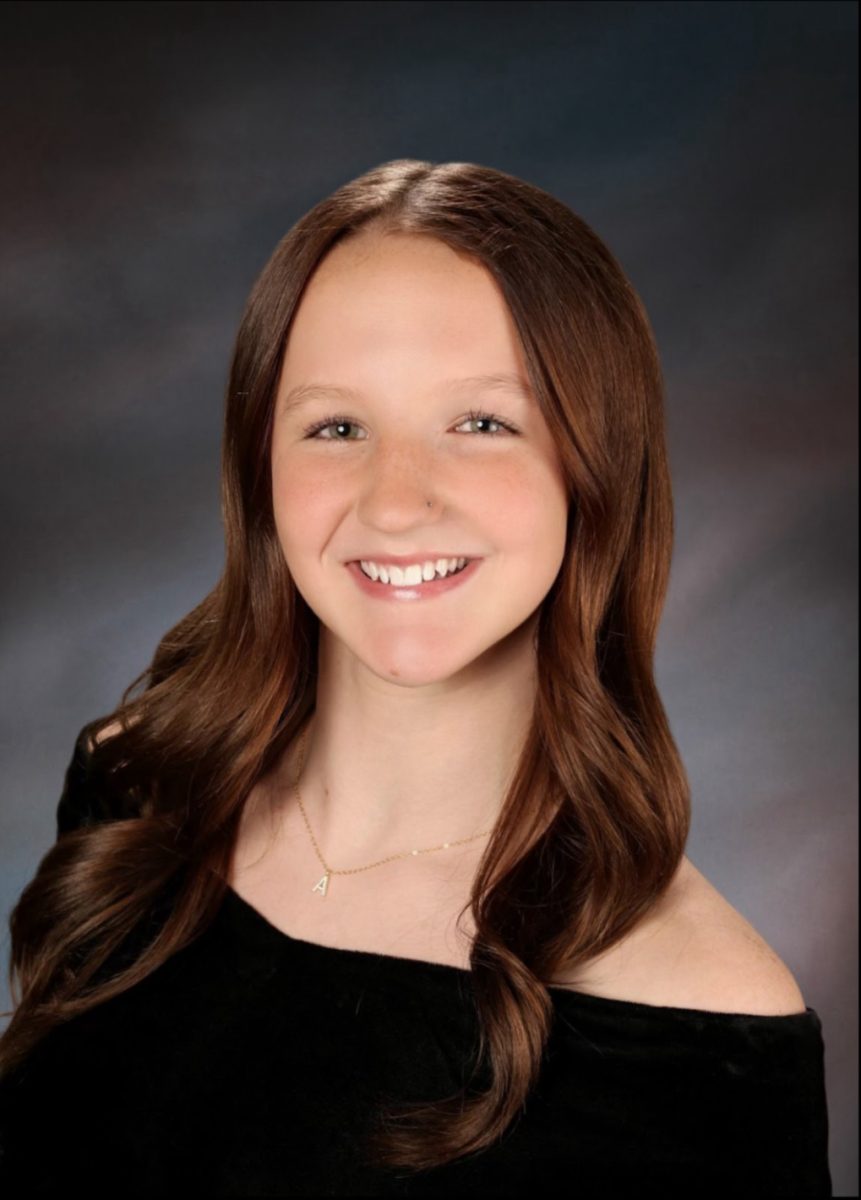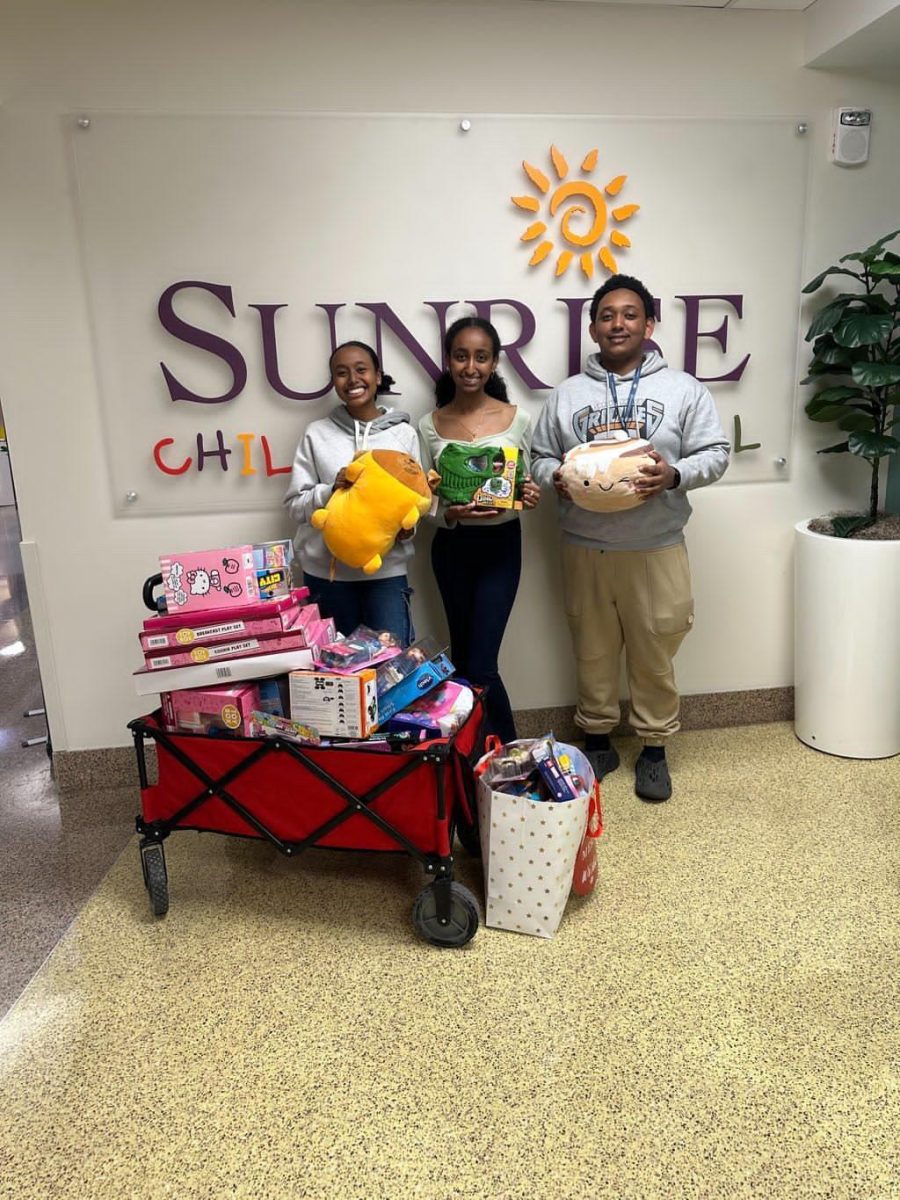When news broke of yet another mass shooting, this time in Sutherland Springs, Texas, many were quick to make assumptions about the assailant. The most common inference by far, however, was that he was Muslim. The conclusion is one that Muslims hear regularly, though many attackers, including the one in Sutherland, had no affiliation with the religion.
With a constant negative portrayal of the Islamic community, sophomore Hadiya Mehdi is one of the most Muslims that faces discrimination and bigotry firsthand.
When Mehdi was assigned a personal project for the International Baccalaureate (IB) program, she immediately thought of how often society discriminates against the Muslim community. With her personal project, Mehdi hopes to research discrimination against Muslims in Las Vegas, and bring awareness to the issue through her writing.
“I’ve had several people tell me to go back to my country, even though I was born and raised here. It also hurts to know I can’t freely express my religion,” Mehdi said.
Many of the first visible signs of discrimination against Muslims spiked after the September 11, 2001 attacks, carried out by radical Islamic extremists. In the following years, many terrorists have identified themselves as Muslim, despite clear teachings against violence in the religion. The problem, Mehdi stated, was that people don’t differentiate between practicing Muslims and radical Islamic terrorists.
“Terrorists who identify as Muslims, really just want a quick explanation of why they are doing these evil things,” Mehdi said, “ Muslims already have a negative light placed on them; and when terrorist claim they are ‘Muslim’ everybody already knows of the reason behind the terrorist attack.”
Since the election of President Donald Trump, travel bans have been placed on nations of primarily Islamic faith, and regions affected by Islamic extremism. While extremists are responsible for many terror attacks, Mehdi and many others argue that Islam does not preach violence.
“Islam is a religion of peace,” math teacher Hossam Hussein, who identifies as Muslim, said. “It does not ask for violence. It does not encourage violence.”
The self-identification, Mehdi said, is a made-up excuse for terrorist’s actions.
“When these ‘Muslims’ claim that they did it under the word of God, people have begun to expect us to be these cruel murderers,” Mehdi said. “People began to assume all Muslims were like that; rather than looking at the bigger picture.”
Although Mehdi said she feels safe and accepted at Spring Valley, she recognizes that discrimination lurks around most corners.
The Council on American-Islamic Relations (CAIR) claims that attacks against the Islamic community rose by 57 percent in 2016. Of those attacks, 44 percent were considered anti-Muslim hate crimes.
Because of rising tensions surrounding the Muslim faith, Mehdi and her parents fear wearing a Hijab outside of the house, something that is traditional to some segments of the religion. The fear, she said, comes from increased stigmatization, discrimination, and hate crimes.
“For me it’s always a little uncomfortable because I have this constant fear of what people are going to say,” Mehdi said. “For my parents they’re just more worried about my safety. Just worried about anything happening to me because of the fact that I’m going to wear the hijab.”
For Mehdi she felt it was sense of living a double-life, but she expressed how the Hijab empowered her as a person and young woman.
“In a really weird way it makes me closer to God,” Mehdi said. “It makes me more comfortable with my surroundings and myself, and it affects my mindset in the way I view things. I just want to be better and do better.”
Mehdi also said that she has never worn her hijab to school, but when she has worn the hijab out in public she has received looks that she described to be fearful, hateful, and prejudiced.
Junior Elham Tamken agreed that religious stereotypes have plagued him since he was a child.
“When I was in second grade we had mailboxes, and everyday we came to school I would see a photo of Osama Bin Laden; and it would say, ‘This is your dad,’” Tamken said. “It has haunted me throughout my years. Why? Why me?”
Despite the image of Bin Laden, Tamken has taken refuge and feels accepted amongst the Spring Valley community.
“I’m actually surprised how they (Spring Valley staff) treat Muslims,” he said. “They don’t say anything bad against those who are Muslim. They actually support those who are Muslim. Spring Valley is such a safe environment for those who are Muslim,” Tamken said.
Even with the constant stigmatization happening to the Islamic community, many Muslims believe most people are simply not educated about the religion and are misinformed by politics and the news.
“They just have to read about the religion and not listen to whatever is being said on the media,” Hussein said.
Mehdi agreed that the constant stigma has been hurtful to her friends and family – one reason she was inspired to research more about discrimination in Las Vegas.
“More than anger, I feel like a lot of Muslims are hurt.” Mehdi said. “We’re people too. We’re humans too.”
Though Mehdi’s experiences do not include any forms of physical oppression, it is still visible in today’s society the discrimination against the Islamic community. Muslims are being threatened, attacked, and in some instances killed: making Mehdi fear for the lives of her parents and of her grandmother, she said.
“Some of my family member have even faced discrimination. Especially those who are Hijabi, and they aren’t close family and it still hurts me,” Mehdi said. Hijabi refers to a specific practice in Islam, that states all women must wear a hijab in public.
“I wouldn’t want my close family, that I would do anything for, to go through that,” she said.
In addition to regular insistence upon unity and inclusion, Spring Valley administrators acknowledge the campus’ diversity when discussing religious affiliations. According to the 2015-2016 Annual Yearly Progress report, Spring Valley reported having 10.41 percent of its students as English language learners; which attributes to the 32 languages spoken on campus, according to Assistant Principal Ian Salzman. Although Clark County School District does not allow schools to collect religious information from students, the amount of ethnic and language diversity show likely diversity amongst religions as well, he said.
While many believe that younger generations are not religious, another study done by Pew Research Center showed that 50 percent of millennials and 54 percent of older millennials believe in God, though not as many attend spiritual sermons/services.
“I’m not religious, but my view on religions is I consider religions to be safe,” senior Erica Lee said. “With the ongoing political tensions it’s what makes it (Islam) violent. Even though I feel that a large majority of the community is 100 percent stereotyped wrongfully.”
With the freedom to practice or not to practice religion, and some communities being fearful to express who they are; religion has been the cornerstone for many and what has made some be better members of society.
“We’re all believing in God or several gods, and it’s what attempts to keep us as better humans,” Mehdi said. “Practice whatever religion you want or don’t practice a religion. As long as you are a good human you’re fine.”







